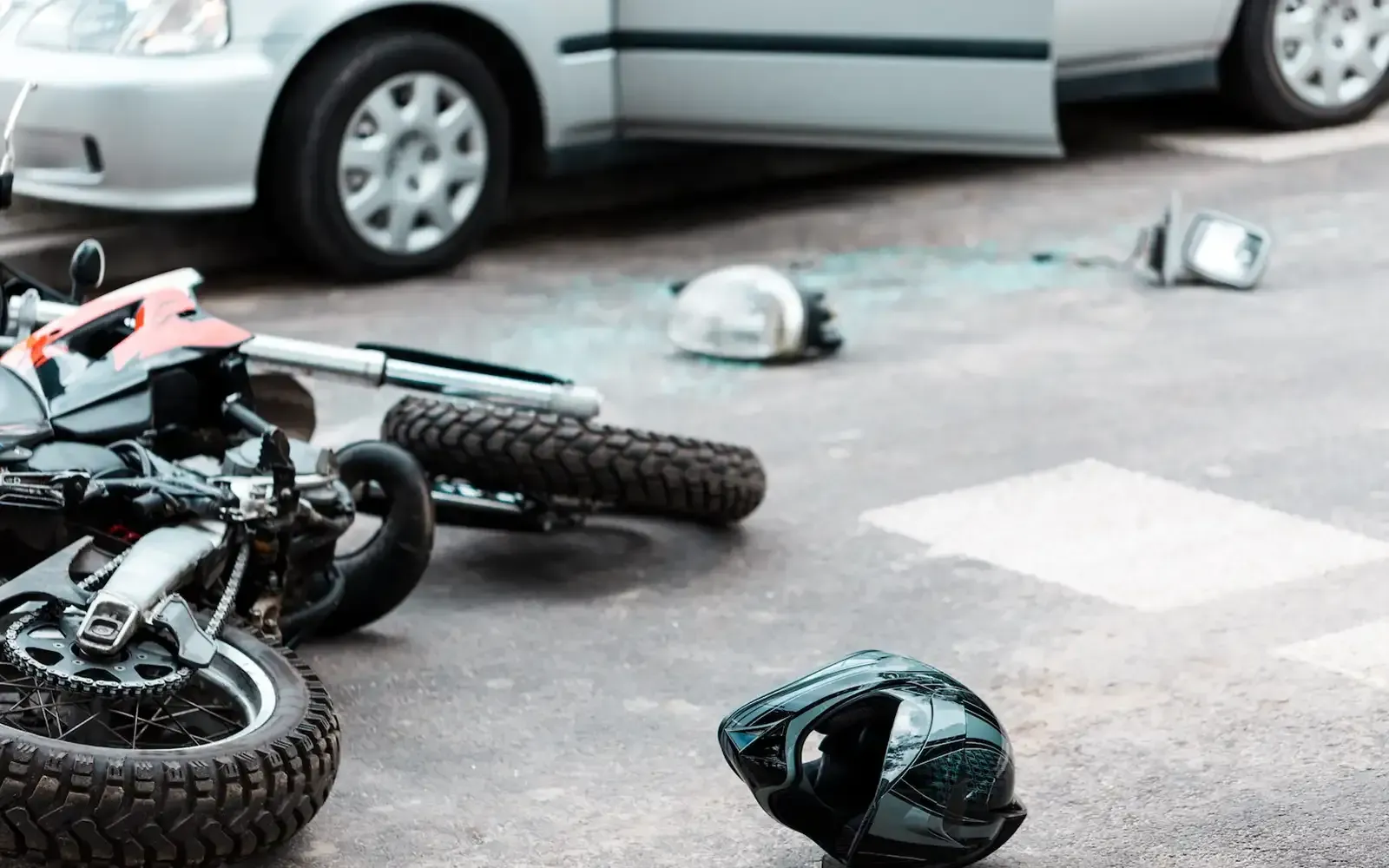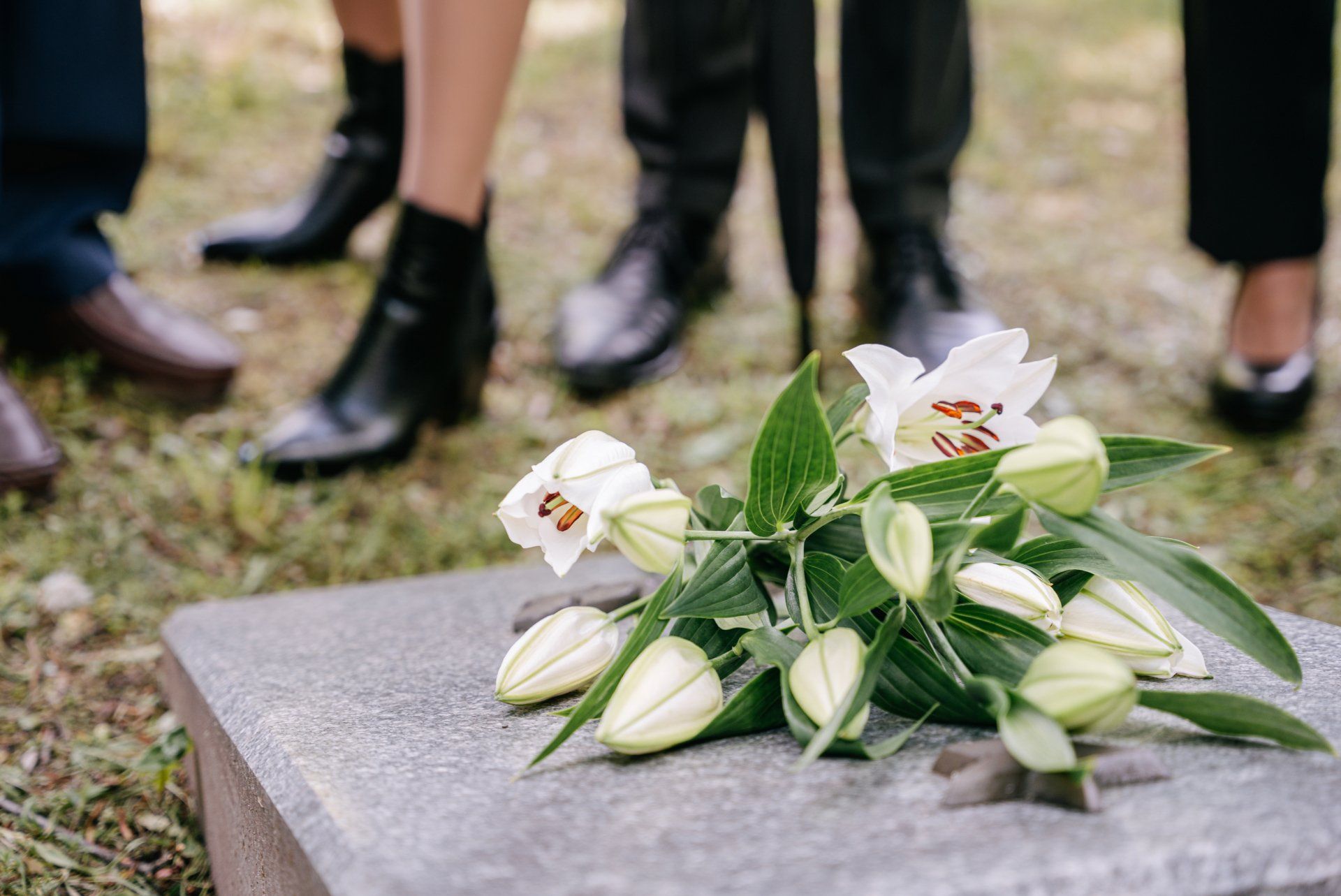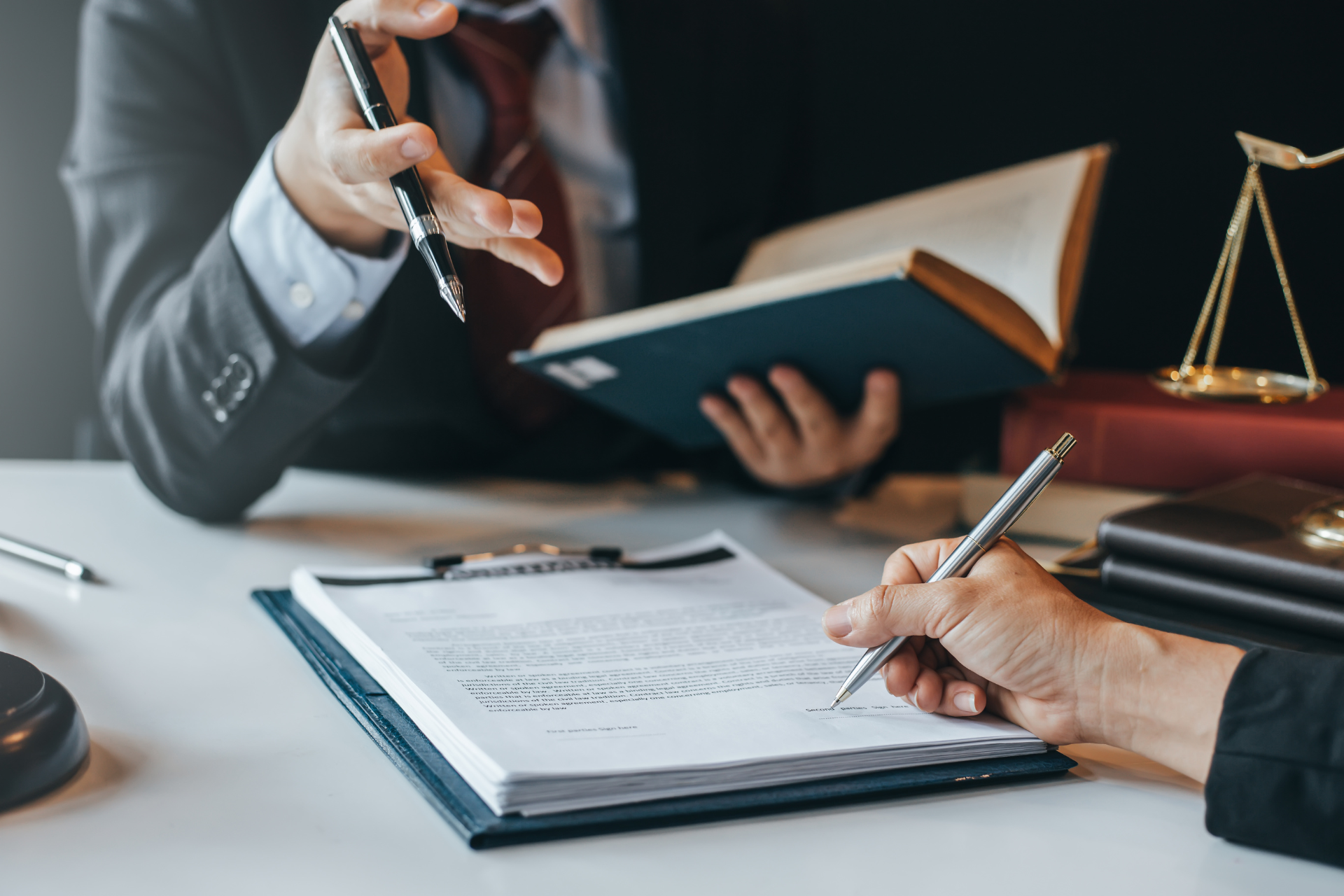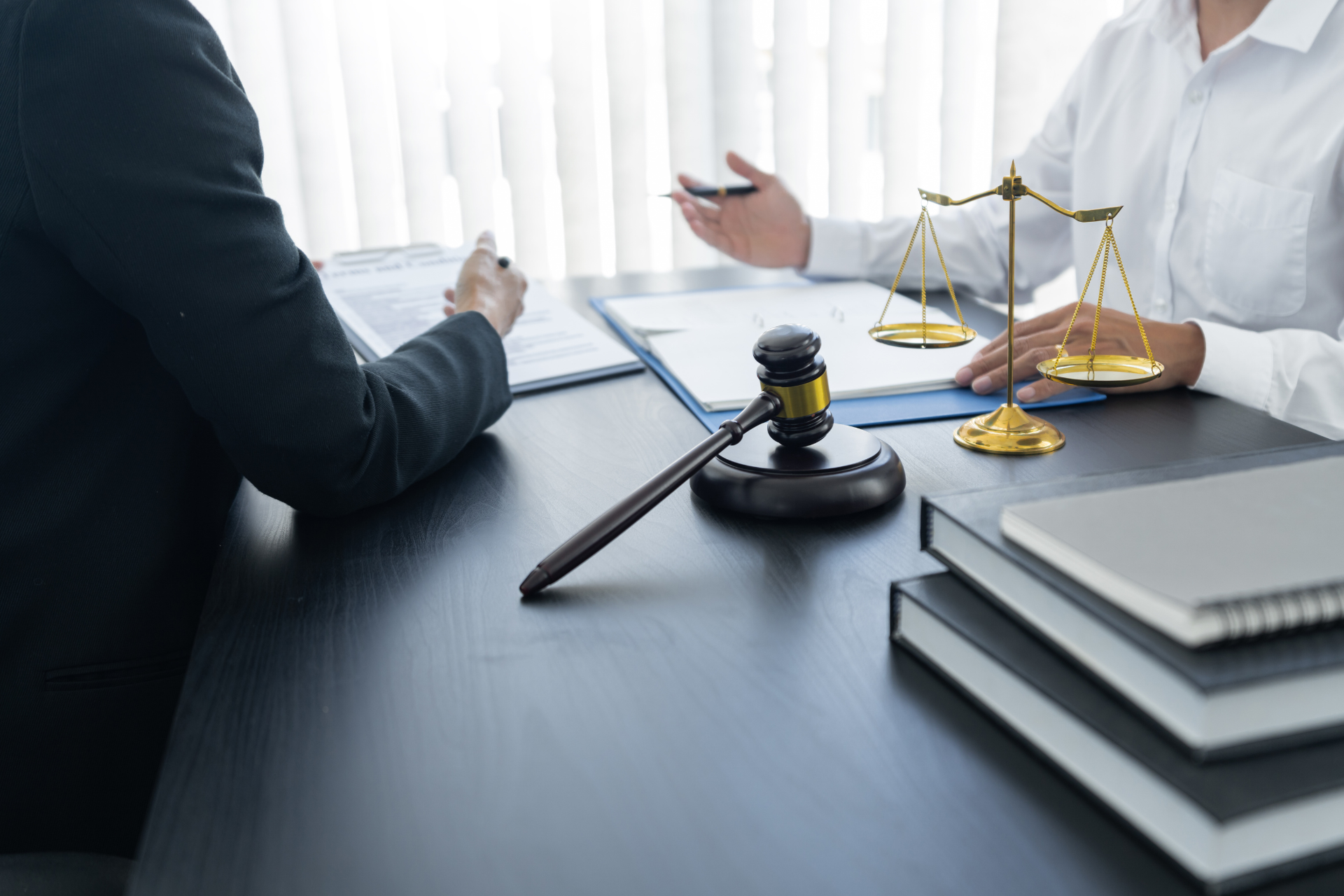I Was Bit By a Dog, What Do I Do?
Imagine taking a stroll at the park, when suddenly an adorable dog trots over to you. In the blink of an eye, that dog is no longer adorable, takes a bite from your leg, and leaves you with a new fear of dogs and a painful injury. Dog bites are a common thing whether it's a minor nip, or a severe attack. It is very important to understand your rights following a dog bite. There are several factors that need to be taken into account when taking legal action after an attack. Here is a lawyer’s guide to navigating a dog bite:
Seek Immediate Medical Attention
Your health should always be your top priority. Even if the bite seems minor, it’s crucial to see a doctor as soon as possible. Dog bites can cause infections, nerve damage, and other complications that might not be immediately apparent. A medical professional can clean the wound, assess the severity, and provide necessary treatments like antibiotics or stitches. Additionally, having your injuries documented by a healthcare provider is vital for any potential legal claims.
Identify the Dog and Its Owner
If possible, try to identify the dog and its owner. This information will be crucial when filing a claim. Obtain the owner’s name, contact information, and details about the dog, including its vaccination history. If the owner is uncooperative or you’re unable to identify them, contact local animal control or the police. They can help locate the dog and ensure it’s properly quarantined to prevent further incidents.
Report the Incident
After seeking medical attention, it’s important to report the dog bite to local authorities, such as animal control or the health department. Filing a report creates an official record of the incident, which can be valuable if you decide to pursue a legal claim. It also helps protect others by ensuring that the dog is properly assessed and that any necessary actions are taken by the authorities.
Document Everything
Thorough documentation is key to building a strong case. Take photos of your injuries immediately after the incident and as they heal. Keep a detailed record of your medical treatments, including doctor visits, prescriptions, and any related expenses. If there were any witnesses to the attack, gather their contact information and statements. All of this evidence will support your claim and help your attorney advocate on your behalf.
Understand Liability in Dog Bite Cases
Liability in dog bite cases can vary depending on the laws in your state. In many states, dog owners are strictly liable for bites, meaning they are responsible for any injuries their dog causes, regardless of whether the dog has a history of aggression. In other states, the “one-bite rule” may apply, where the owner is only liable if they knew or should have known that the dog was dangerous. If the bite happens on the owner's private property, depending on the circumstances of you being on the property the owner might have a defense for the bite.
Understanding the specific laws in your area is crucial, which is why consulting with a personal injury attorney is so important. They can help you navigate the legal landscape and determine the best course of action for your situation.
Don’t Settle Too Quickly
After a dog bite, the owner’s insurance company may offer you a quick settlement to cover your medical expenses. While this might seem like a convenient solution, it’s important to remember that initial offers are often lower than what you may be entitled to. Before accepting any settlement, consult with a personal injury attorney who can evaluate the full extent of your damages, including future medical needs, lost wages, and pain and suffering. A dog bite can be a traumatizing experience and can leave someone with PTSD and lifelong trauma. An experienced attorney can negotiate on your behalf to ensure you receive fair compensation.
Consult with a Personal Injury Attorney
Navigating the aftermath of a dog bite can be challenging, especially when dealing with insurance companies and legal issues. A personal injury attorney can provide invaluable guidance, helping you understand your rights, evaluate your claim, and handle all the legal complexities so you can focus on your recovery. Contact JDB Law, PLLC today for a free consultation.








